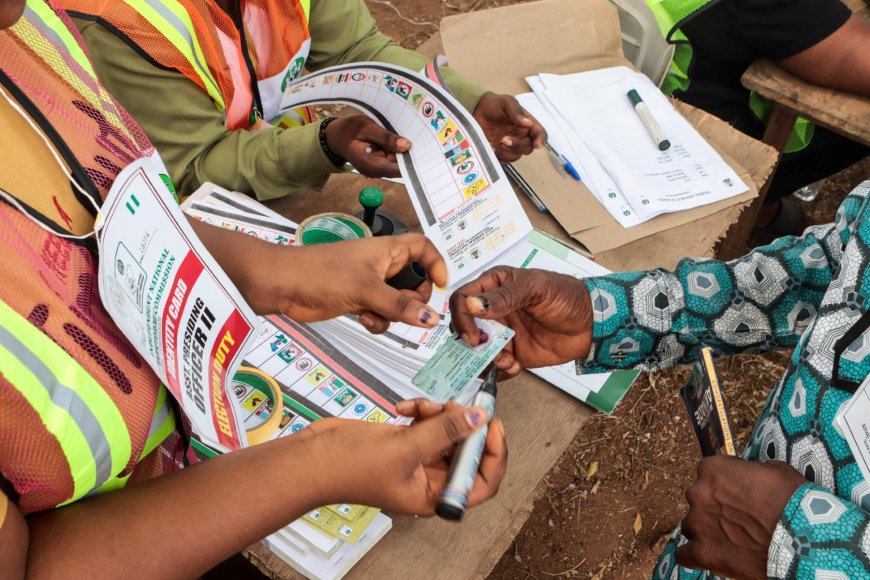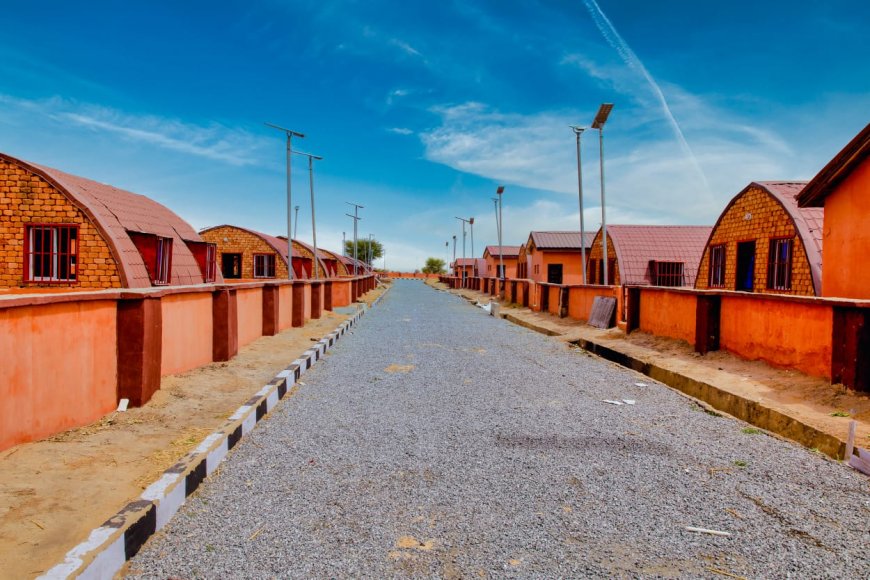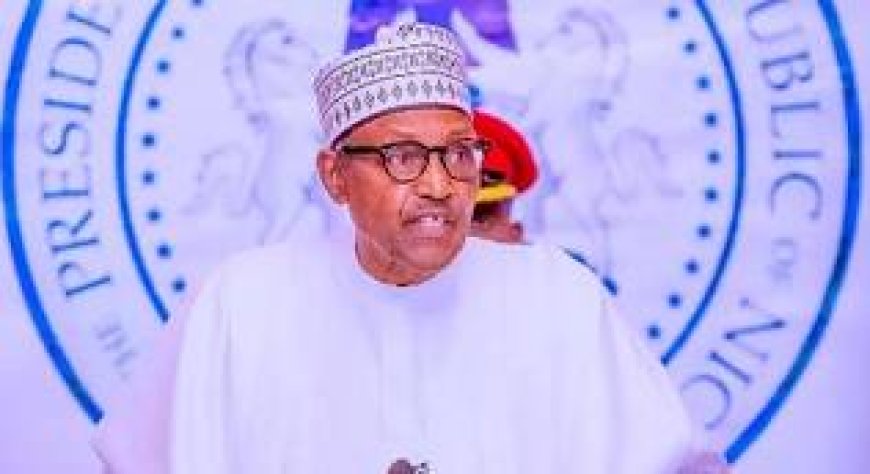Group of Communications Experts under the aegis of the Consortium of Nigerian Communication Scholars (CONCE), has submitted their findings on the 2023 general elections.
The group made up of researchers, Newspaper, Radio/TV Journalism, Broadcast Advertising, Outdoor Advertising, Public Relations, social media, Political Action Committee, Media Effects, and Opinion Poll.
The group stated that their findings was in continuation of their comprehensive audit and probe of 2023 general elections from their professional perspectives.
The CONCE added that before going into the job, it organized her members into nine research teams that studied the 2023 Presidential Campaigns.
The team for the Consortium are, Newspaper Journalism, Prof Nuhu Gapsiso, Radio/TV Journalism, Profs Samaila Mande and Ladi, Print and Broadcast Advertising, - Prof Rotimi Olatunji, Outdoor Advertising, Omo Abunene, Public Relations, Prof Emmanuel S. Dandaura.
Others are Social Media, Dr. Osita Aniemeka, Communication Effects, Profs Ezekiel Asemah, and Charles Okigbo, Political Action Groups (PACs), Ambassador Aminu Wisdom, and Public Opinion Polls - Dr. Ubadire Agua.
The event was moderated by US based Nigerian Scholar, Prof Chinedu Afigbo-Mba.
Afigbo-Mba had thoughts leaders, public relations practitioners, academia, and students from across the country and beyond.
According to the statement, the findings on 2023 Presidential Elections was to ensure access to accurate and reliable data on the election process, adding that the Consortium organised several online engagements between September 2022 and April 2023.
The group said during the period, participants interrogated various components of the election as well as the interplay between the political actors, the deployment and execution of election process, role of various components of media and communication within the electoral system.
According to the Consortium, during “the electioneering campaign period, the research teams engaged with some presidential candidates, spokespersons of presidential campaign councils, party support groups and electorates to understand their various uses of communication tools and strategies in promoting their candidates.”
The group said on Saturday 29th April 2023, CONCE held another online engagement where nine research teams presented their interim findings stressing that the common thread that runs through the various presentations received the following observations.
"Firstly, the election was the most keenly contested election in the history of the country, because of the confidence in the Independent National Electoral Commission (INEC) newly introduced Bimodal Voter Accreditation System (BIVAS) and electronic transmission of results for the 2023 General Elections.
"Secondly, the election was a 3-Horse race between All Progressive Congress (APC), Peoples Democratic Party (PDP), Labour Party (LP), with New Nigeria Peoples Party (NNPP), coming in as the fourth given the personality of its presidential candidate as its key selling point.
"Thirdly, the 2023 Elections presented opportunities for increased use creative communication as social media platforms dominated over the traditional media outlets as obtained in the previous elections in the country.
"Fourthly, overall, the campaigns by political parties focused on both serious and non-essential issues, with more emphasis on the non-essential of Horse racing and mudsling, which included zoning of presidency, ethnicity and religious affiliation, health fitness of candidates, social life of candidates and ageism. While under emphasised serious issues such as the economy, security, electricity, and devolution of power.
"Additionally, flagbearers of leading political parties paid little attention on the content of their party manifestoes.
However, some media reports on the electoral process threw away professionalism, objectivity, and ethical responsibility to the electorate in the discharge of their responsibilities as result of affiliations with political parties and candidate." The CONCE, said.
According to the group, the findings also indicated that despite its non-reliability, social media was more prominently favoured because the youths distrust conventional media.
"Furthermore, broadcast stations provided diverse opportunities for robust political engagement between the candidates and the electorate through debates, interviews, and live coverage from campaigns. However, the findings also indicated capacity challenge by some moderators in the broadcast media.
"Also, support groups affiliated to parties and candidates had more access to financial resources and influence than the main political parties.
"On its part, European Union (EU) and other non-governmental organisation (NGOs) created spaces towards deepening public participation in the political process through their activities.
"The findings further noted that government regulatory bodies including the National Broadcasting Commission (NBC) by their actions created a source of huge concern in the electoral process. The frequency of sanctions on a section of the broadcast media clearly showing bias.
"Also, in terms of advertisements and access to broadcast media spaces, it appeared that the financial muscle of the political parties played a key role in determining which parties had access within the media space.
"While for the outdoor advertising, most of the advertisements for outdoor for instance did not go through vetting with only 30% going the regulator, the Advertising Regulatory Council of Nigeria (ARCON).
"The findings also indicated that Government undue interferences, particularly in states, where governors set impossible requirements for the opposition parties to have access to the public space for Billboards and broadcast time." The group stated.
Recall that the Consortium of Nigerian Communication Experts (CONCE) is the umbrella network of academic and professional communication associations, individuals and patriotic Nigerians who are committed to the purposeful use of communication in all its aspects and ramifications to promote sustainable social development through research, education, capacity building, and advocacy.
They are nonpartisan and have no ideological or political party affiliations.






























































